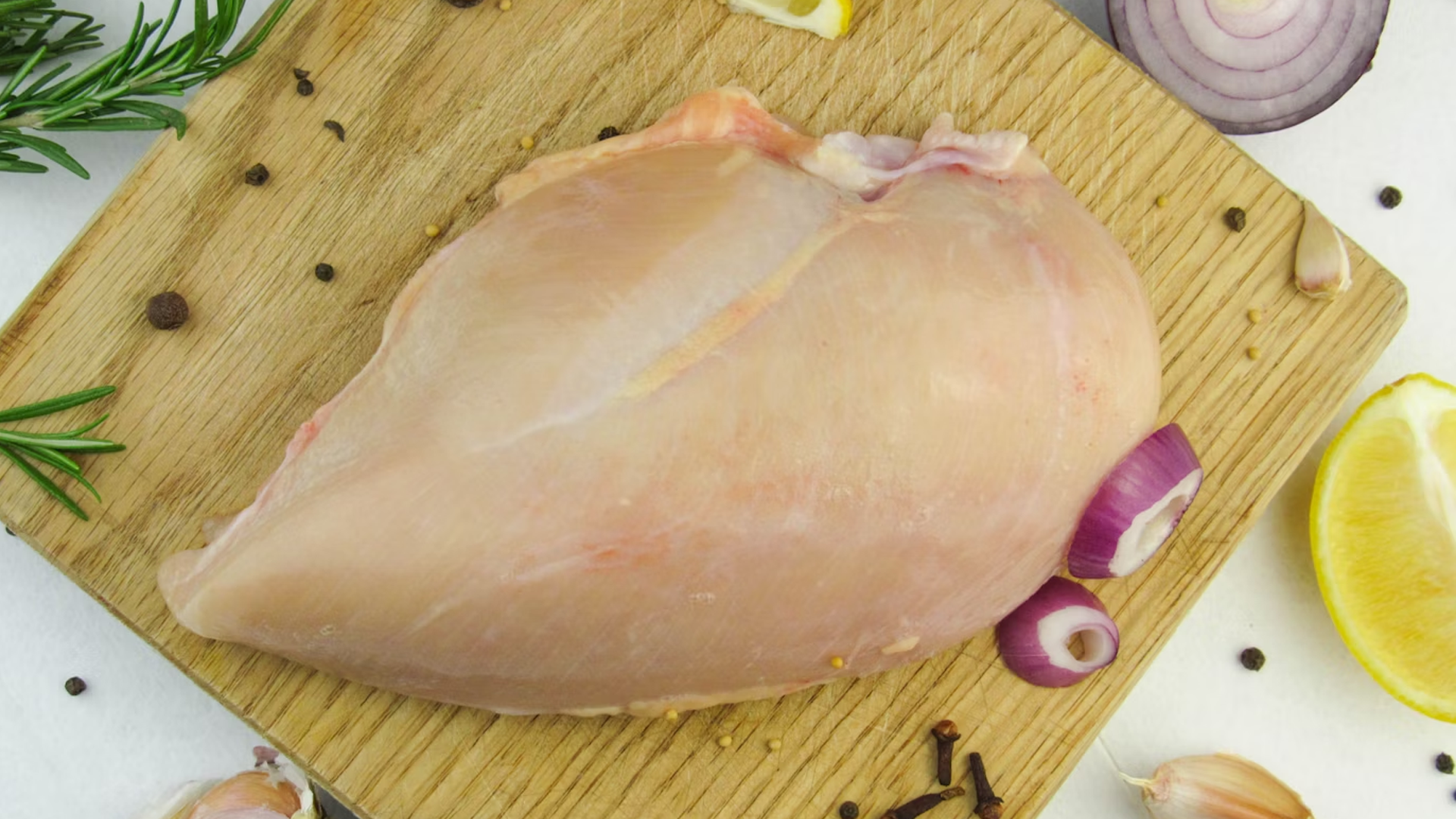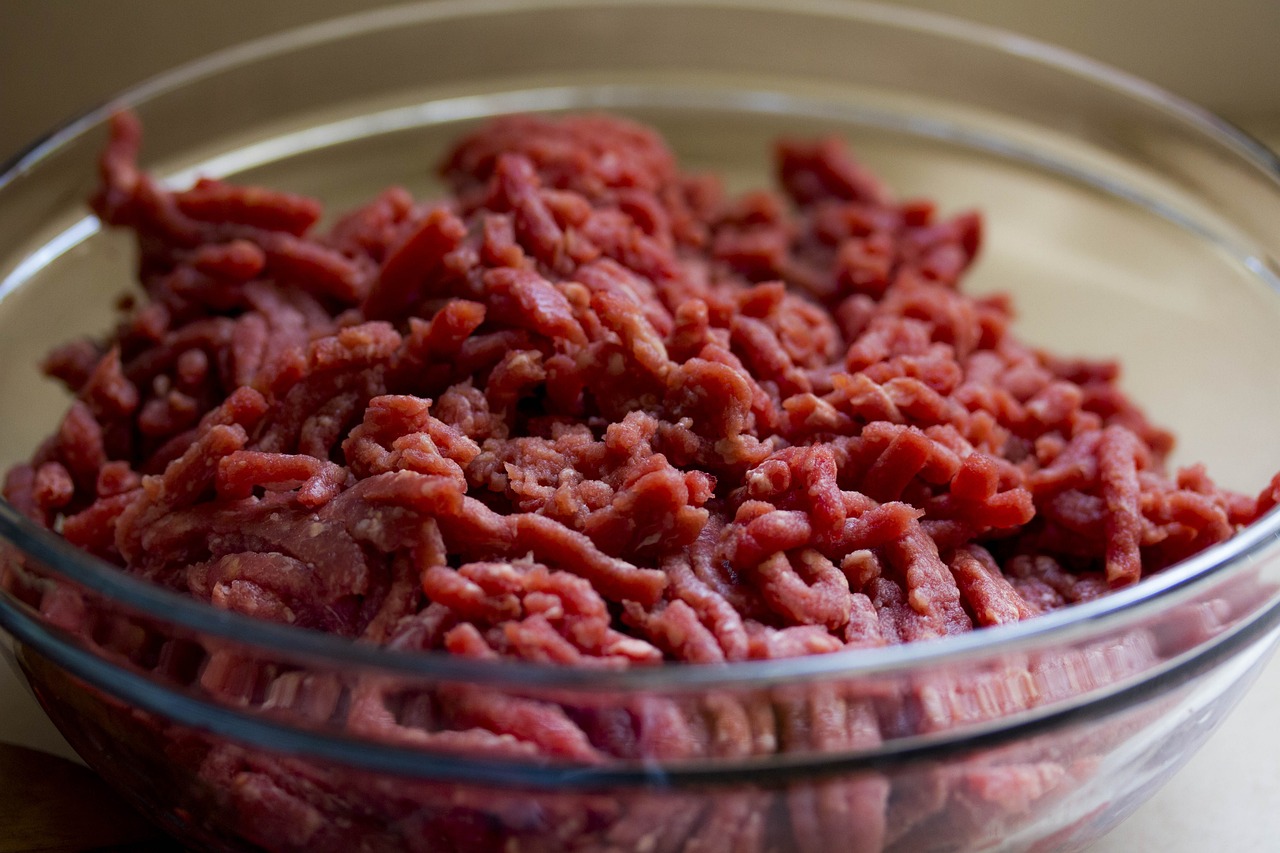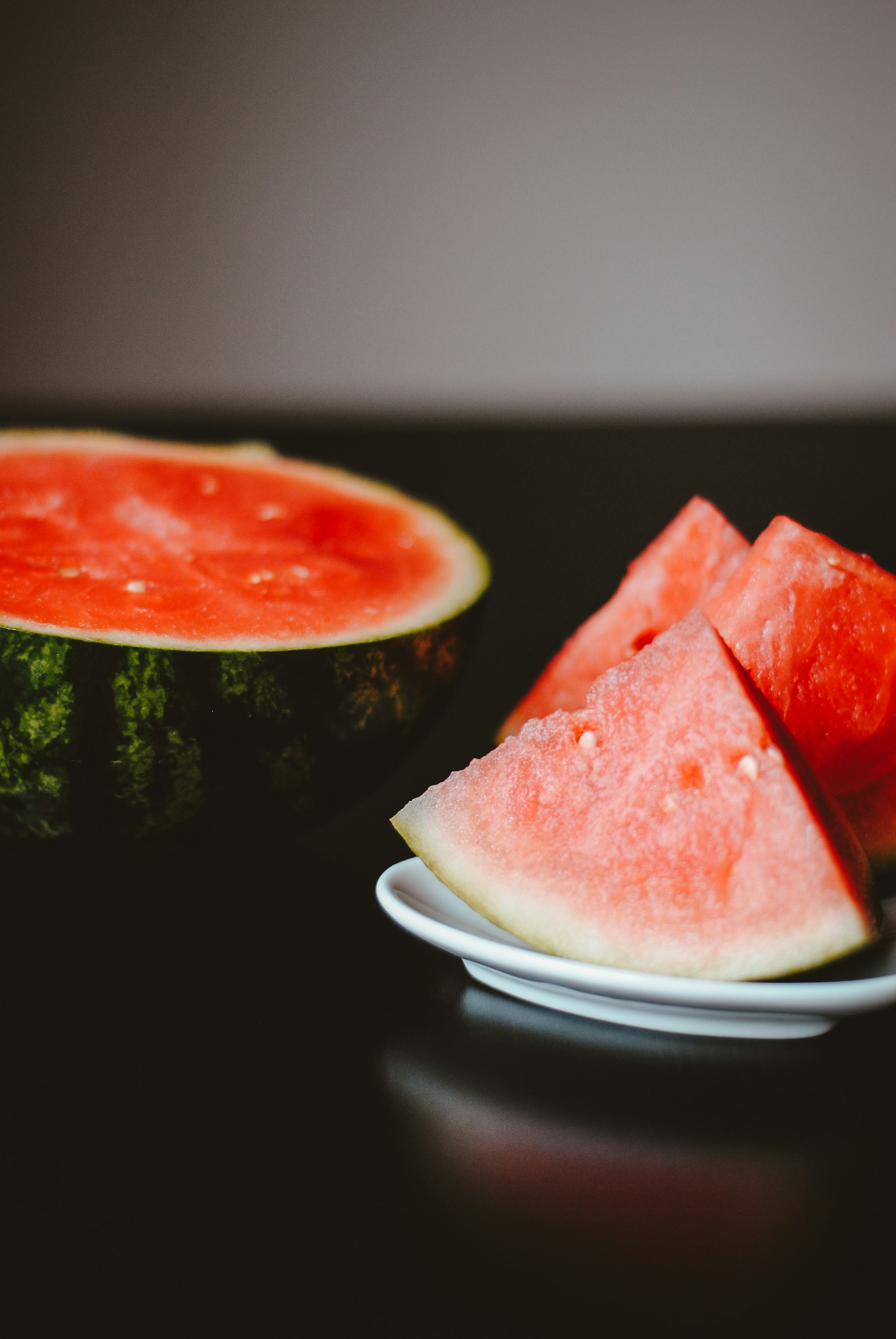When we don't carefully prepare the foods we eat, there can be major consequences. To make sure you know about the risks of the foods you consume, here are 20 foods that are commonly linked to disease outbreaks. This way, you can take the necessary steps to ensure you're safely and thoroughly preparing them!
1. Chicken
You probably know the dangers of eating raw or improperly cooked chicken and how it can lead to Salmonella. It's important that you always cook this meat to the right temperature! If one thing's for certain, don't treat this protein like a steak.
2. Leafy Greens
Yes, your leafy green vegetables like spinach and kale are incredibly healthy and should be added to your diet, but that doesn't mean you shouldn't be careful. Some dangerous germs that can be found in these foods can be as extreme as E. coli or Salmonella. Always make sure you wash them properly before eating!
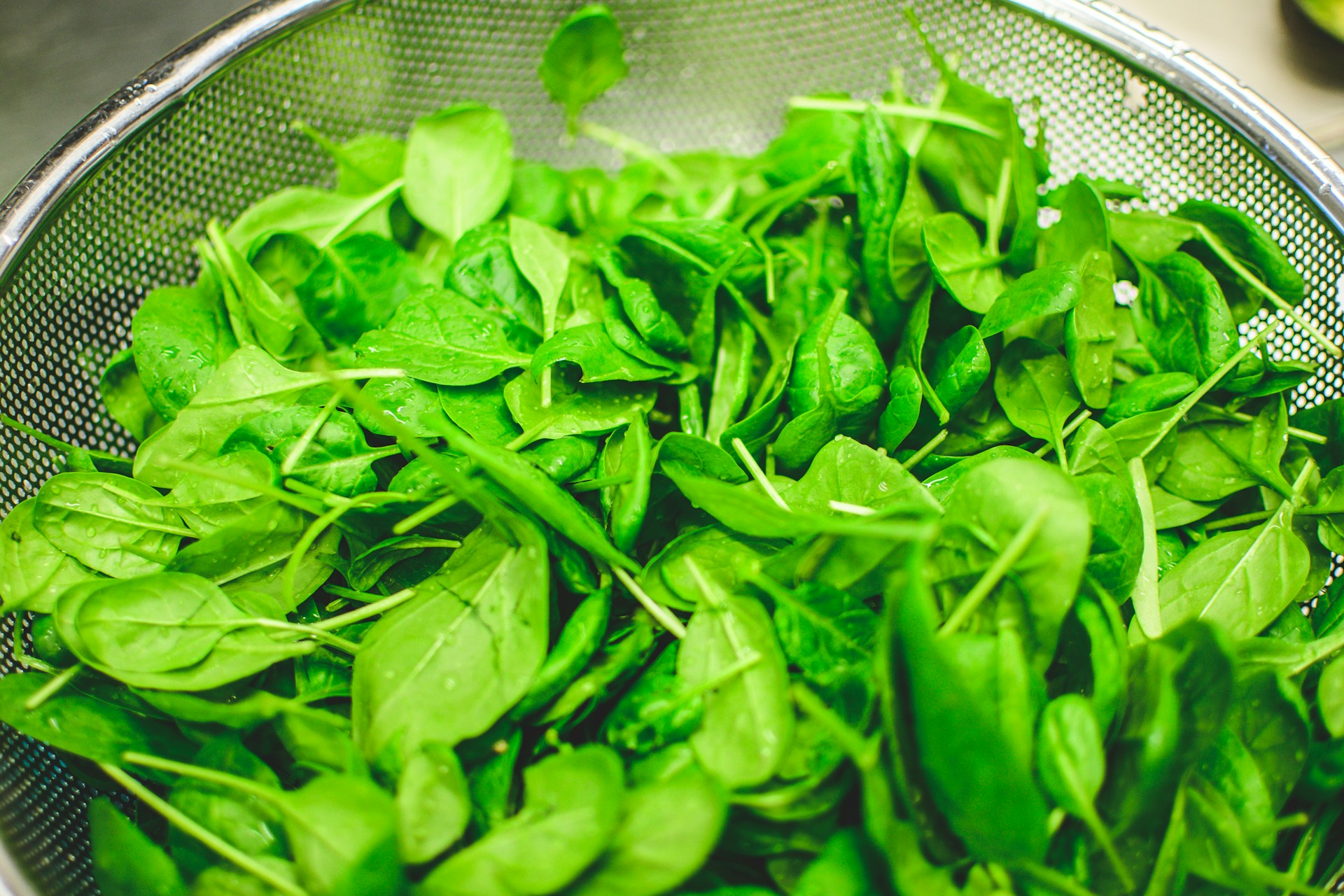 Photo by Pille R. Priske on Unsplash
Photo by Pille R. Priske on Unsplash
3. Eggs
Another food that can be linked to Salmonella are eggs. While these high-quality protein sources are delicious and are staple ingredients, they can be dangerous to eat when undercooked or just eaten plain raw. You should be extra careful to cook these properly before eating.
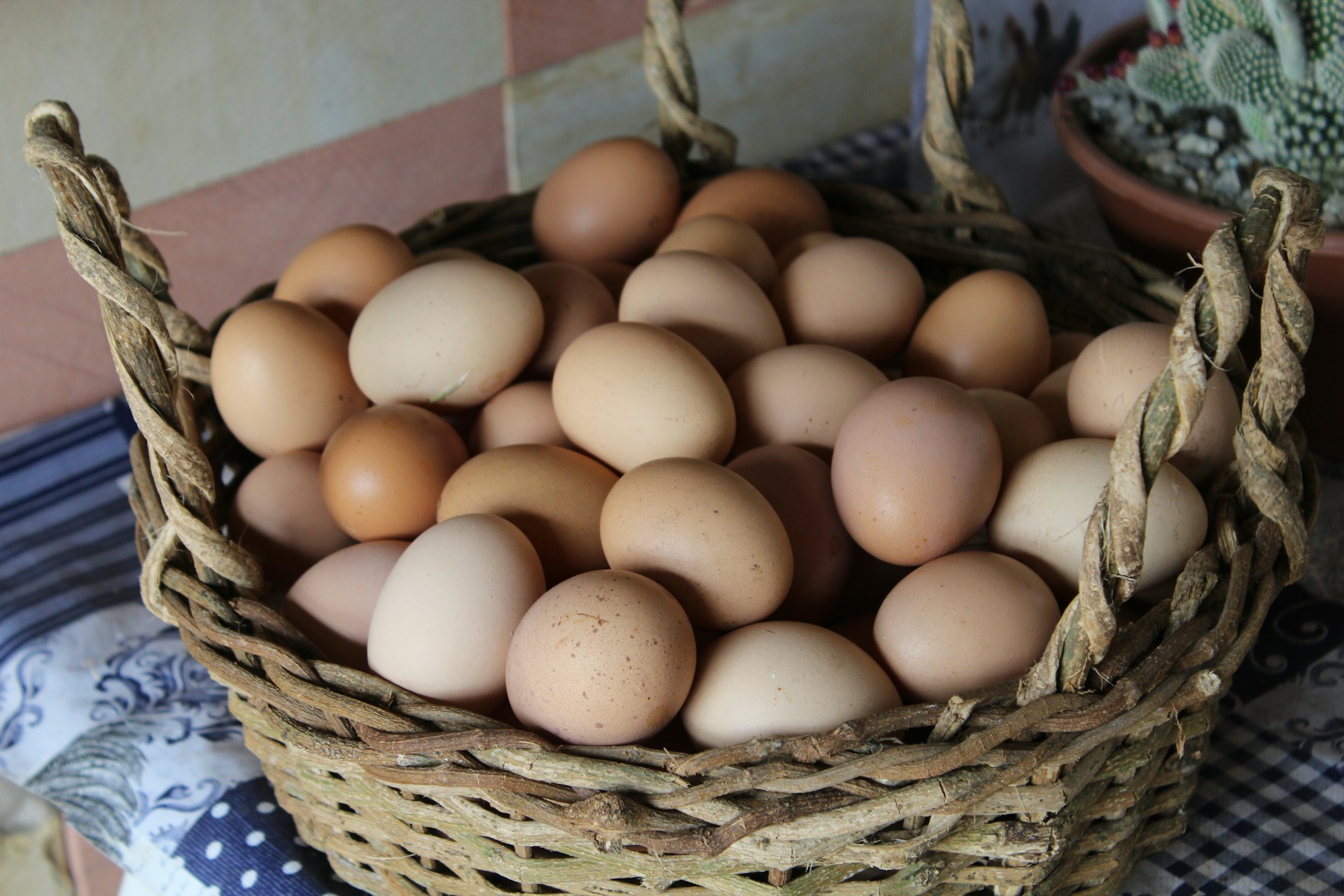 Photo by Rebekah Howell on Unsplash
Photo by Rebekah Howell on Unsplash
4. Ground Beef
Just because you can have steak rare doesn't mean you should treat your ground beef the same. Ground beef can be contaminated with E. coli, which is no laughing matter. As the meat is ground up, the germs and bacteria can spread all throughout the product. Make sure you cook your food to the recommended temperature to kill off those harmful bacteria.
5. Shellfish
Despite being a popular delicacy, eating raw or undercooked oysters, clams, or mussels can have potential threats against your health. They can harbor harmful bacteria and norovirus if they are either not cooked properly or were not taken from safe waters.
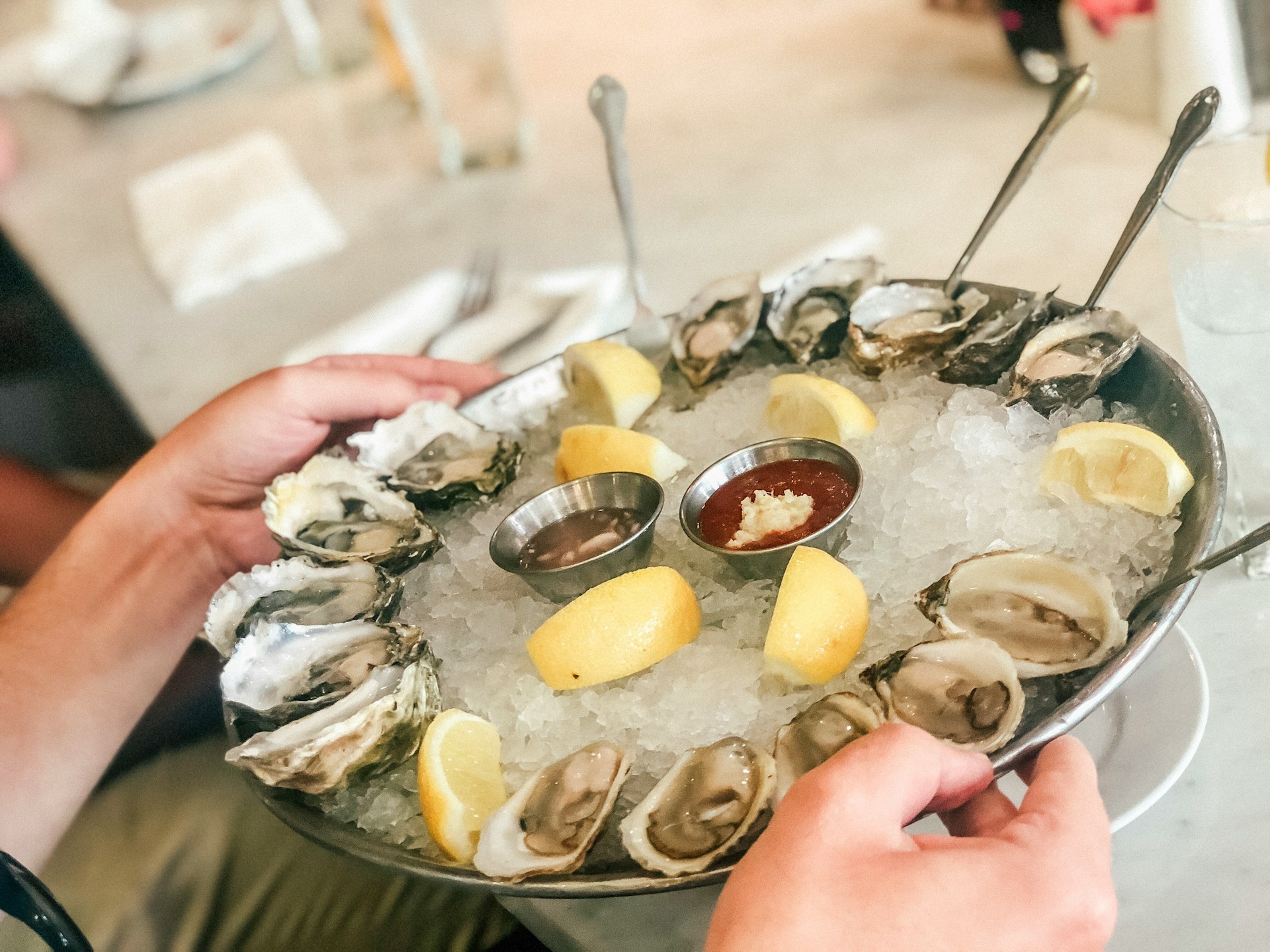 Photo by Viviana Rishe on Unsplash
Photo by Viviana Rishe on Unsplash
6. Sprouts
Turns out even the most unassuming of vegetables can be dangerous too! When eaten raw or lightly cooked, sprouts like alfalfa and bean sprouts have been linked to numerous disease outbreaks, namely E. coli and Salmonella. Cooking them is necessary to reduce the risk!
 Photo by Milada Vigerova on Unsplash
Photo by Milada Vigerova on Unsplash
7. Raw Milk
Both raw milk itself and products made from it can be just the vehicle serious bacteria and germs are looking for. From E. coli to Listeria and Salmonella, you should know the risks if you consume these products. Because pasteruization is the key step in killing these pathogens, eating products that skip this process only increases your risk.
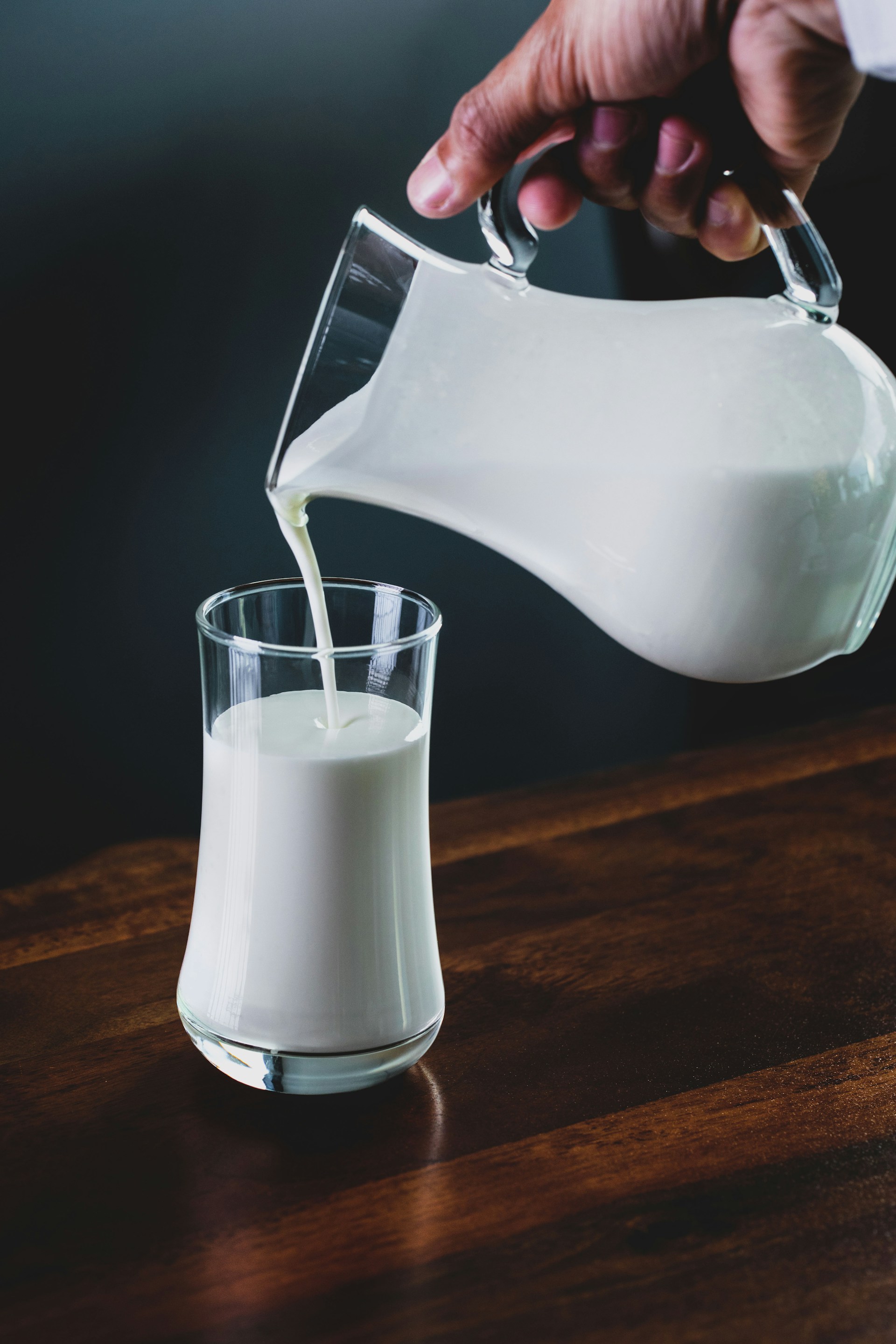 Photo by Eiliv Aceron on Unsplash
Photo by Eiliv Aceron on Unsplash
8. Cheese
Following that point, soft cheese is a good example of how products made from unpasteurized milk can be dangerous. As a potential source of Listeria, you might want to avoid eating this product, or at least being extra mindful of the risks and consequences if you do.
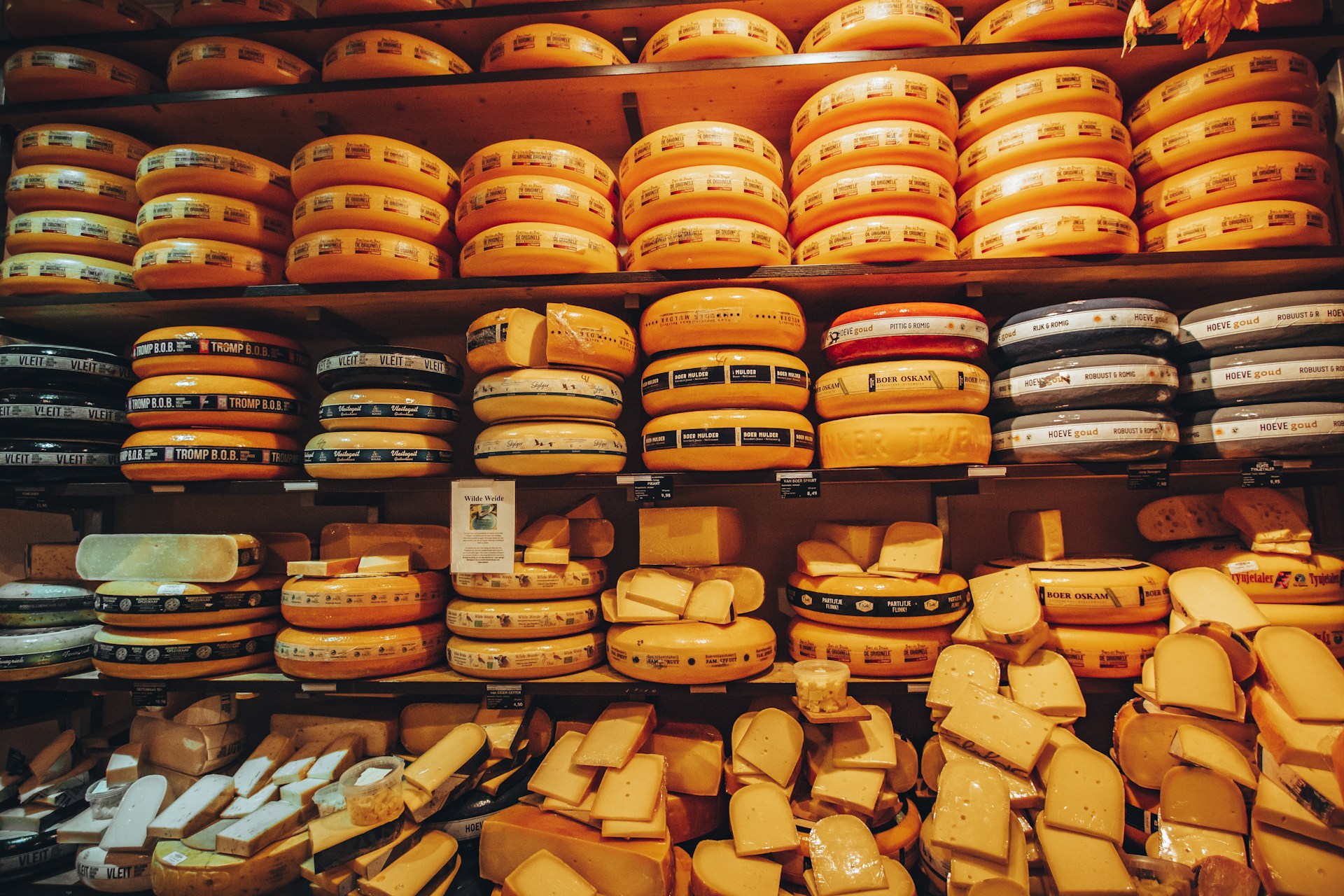 Photo by Dana Ward on Unsplash
Photo by Dana Ward on Unsplash
9. Pork
Just like any other meat, eating pork completely raw or not cooked properly can have fatal consequences. A potential source of trichinosis which is caused by a parasitic worm, that's just the beginning of where your concerns should lie. It can also be the cause of Salmonella and Listeria which means you should always take proper care to handle this meat well.
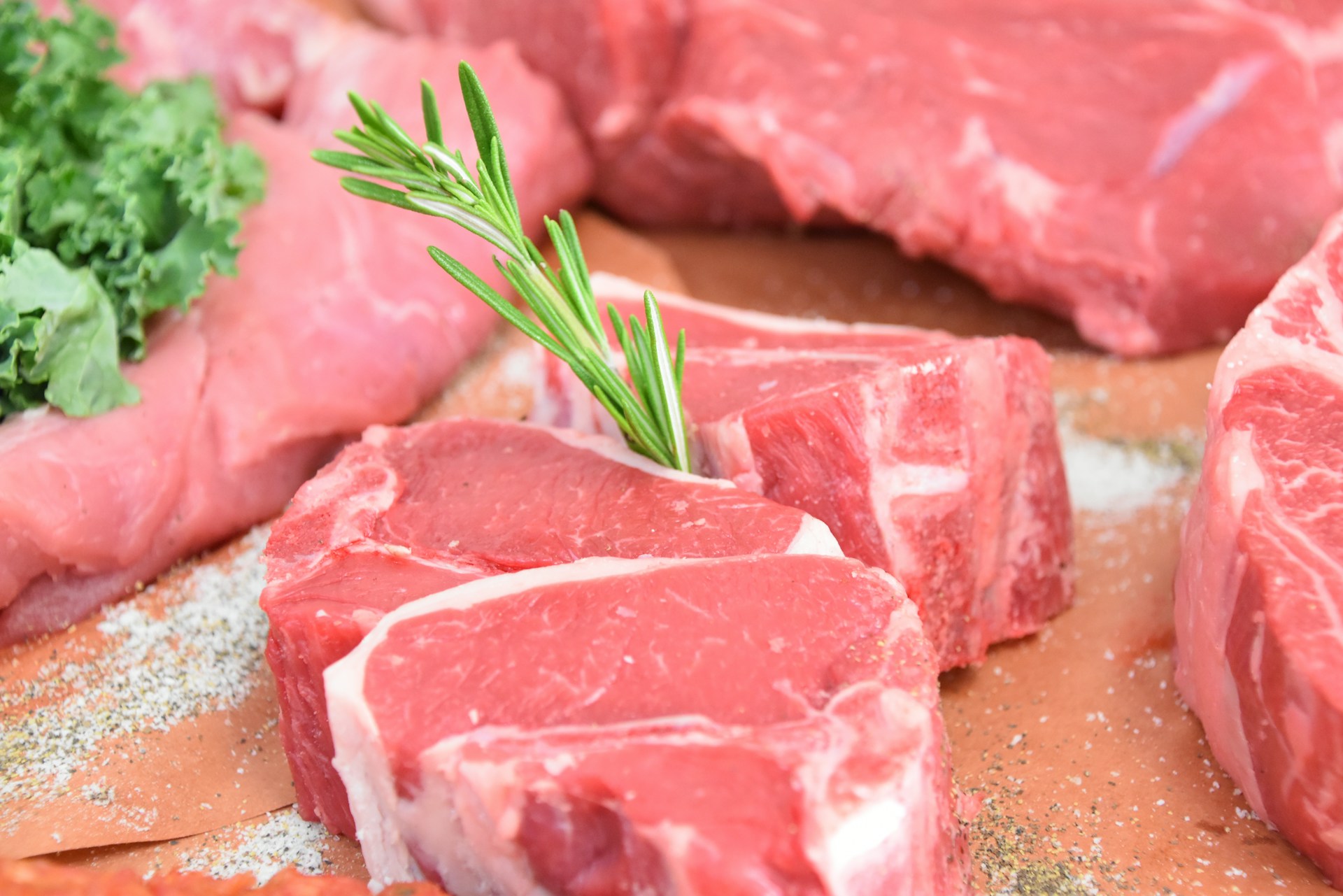 Photo by Cindie Hansen on Unsplash
Photo by Cindie Hansen on Unsplash
10. Nuts and Nut Butters
Although you generally don't really have to worry about foods like nut butters, it is important to know that they have been linked to Salmonella outbreaks. This contamination usually happens during the manufacturing process, so it can be hard for the consumer to be aware.
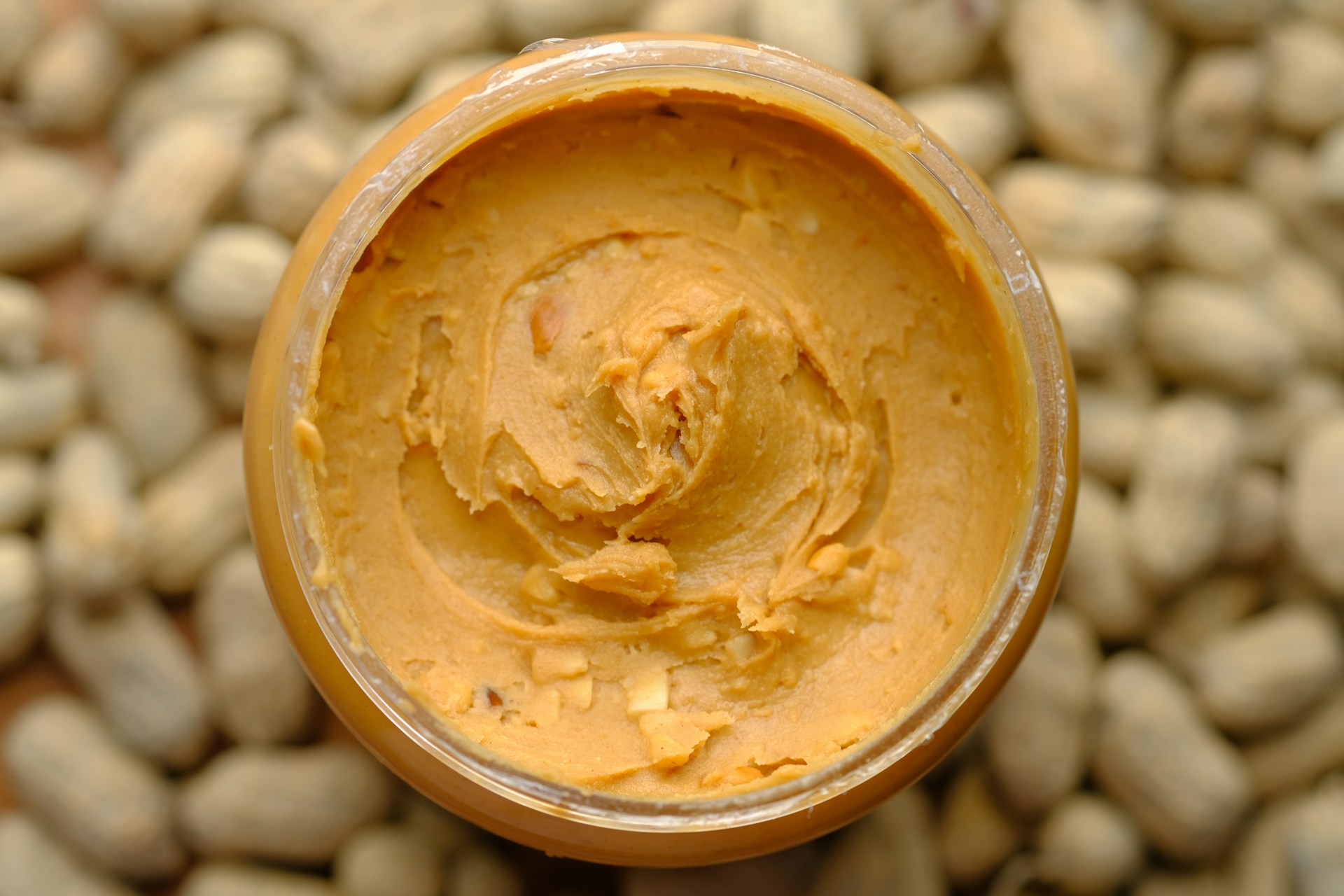 Photo by Towfiqu barbhuiya on Unsplash
Photo by Towfiqu barbhuiya on Unsplash
11. Tomatoes
When they come in contact with contaminated water or soil, tomatoes can be an unsuspecting carrier of Salmonella. Scary, right? Although this is a common fruit used in salads, sandwiches, and sauces, not washing them thoroughly can be dangerous. We're not saying you can't have them anymore, just be careful!
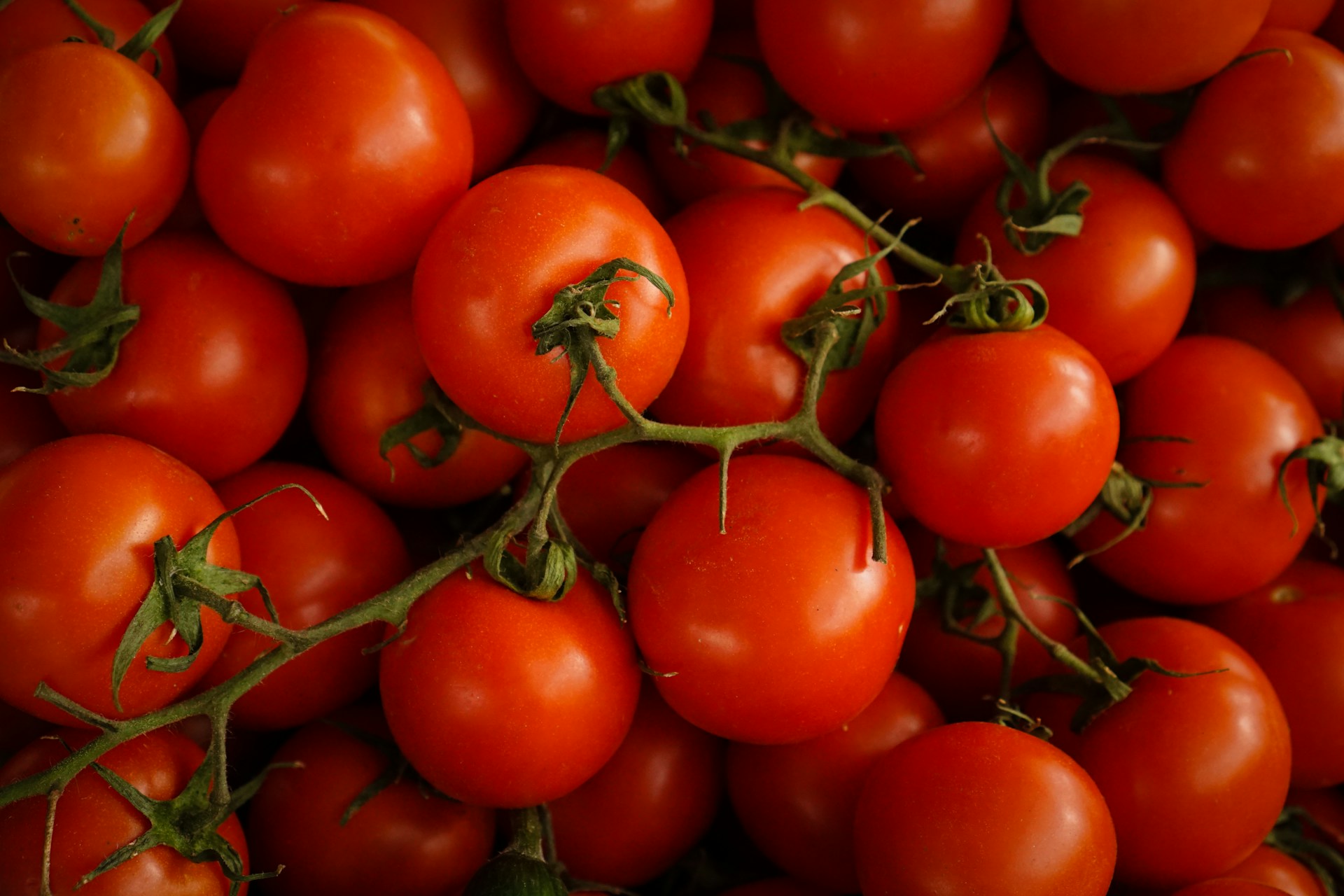 Photo by Tom Hermans on Unsplash
Photo by Tom Hermans on Unsplash
12. Peppers
Another vegetable to be wary of are peppers! Especially when raw. Having been involved with Salmonella outbreaks in the past, it's just another food that you should take mindful steps of during preparation. Besides, cooking peppers down can kill the bacteria, helping you feel safer as you enjoy them in your food.
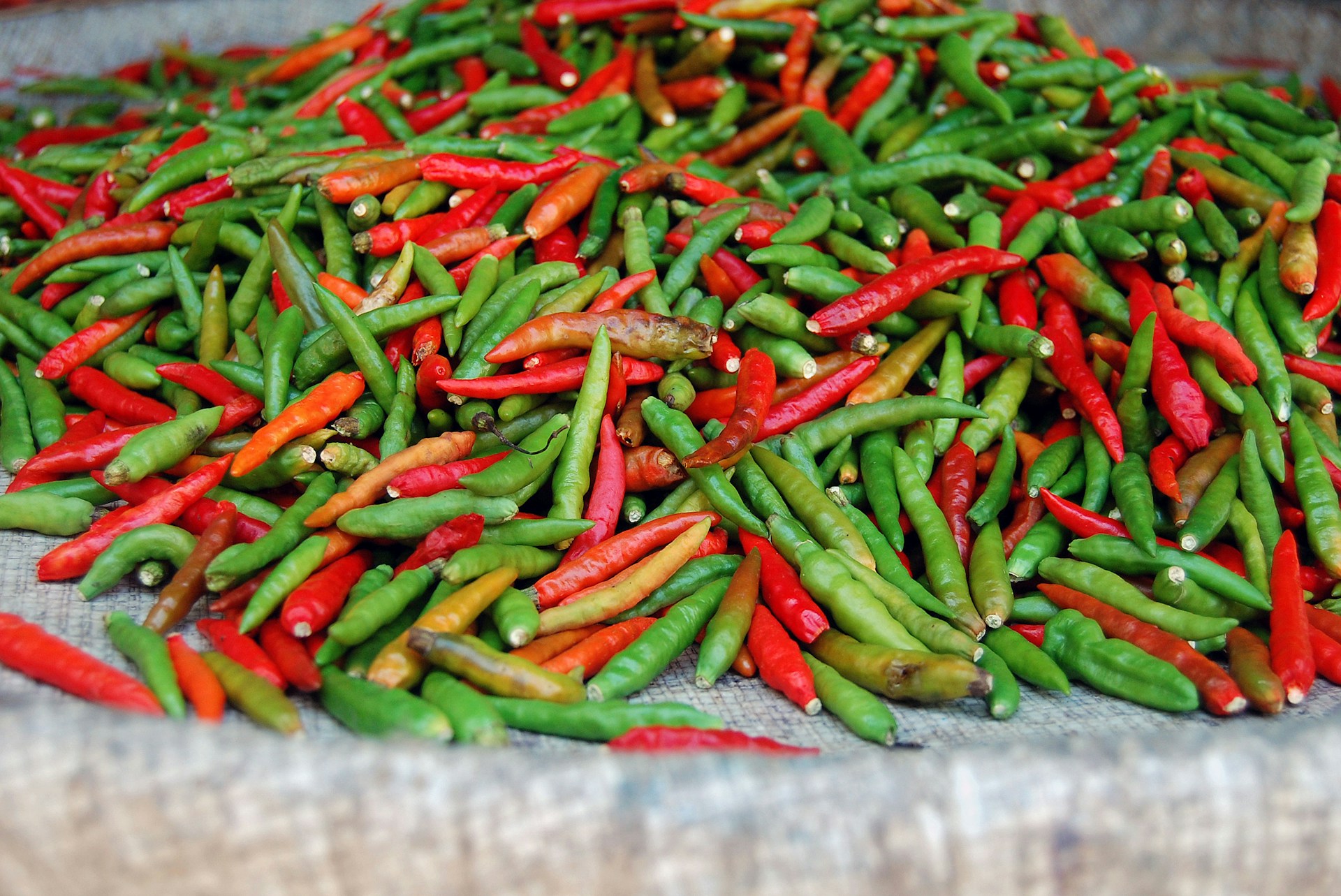 Photo by Melina Yakas on Unsplash
Photo by Melina Yakas on Unsplash
13. Cantaloupes
We all know how rough and tough the skin of a cantaloupe is, and knowing that, it also makes sense how bacteria can be held up tight in there. From Salmonella to Listeria, these germs stay in the skin if you don't wash it properly, which can then transfer into the edible parts of the fruit as you slice it. So even if it takes lots of scrubbing, make sure you wash well before cutting!
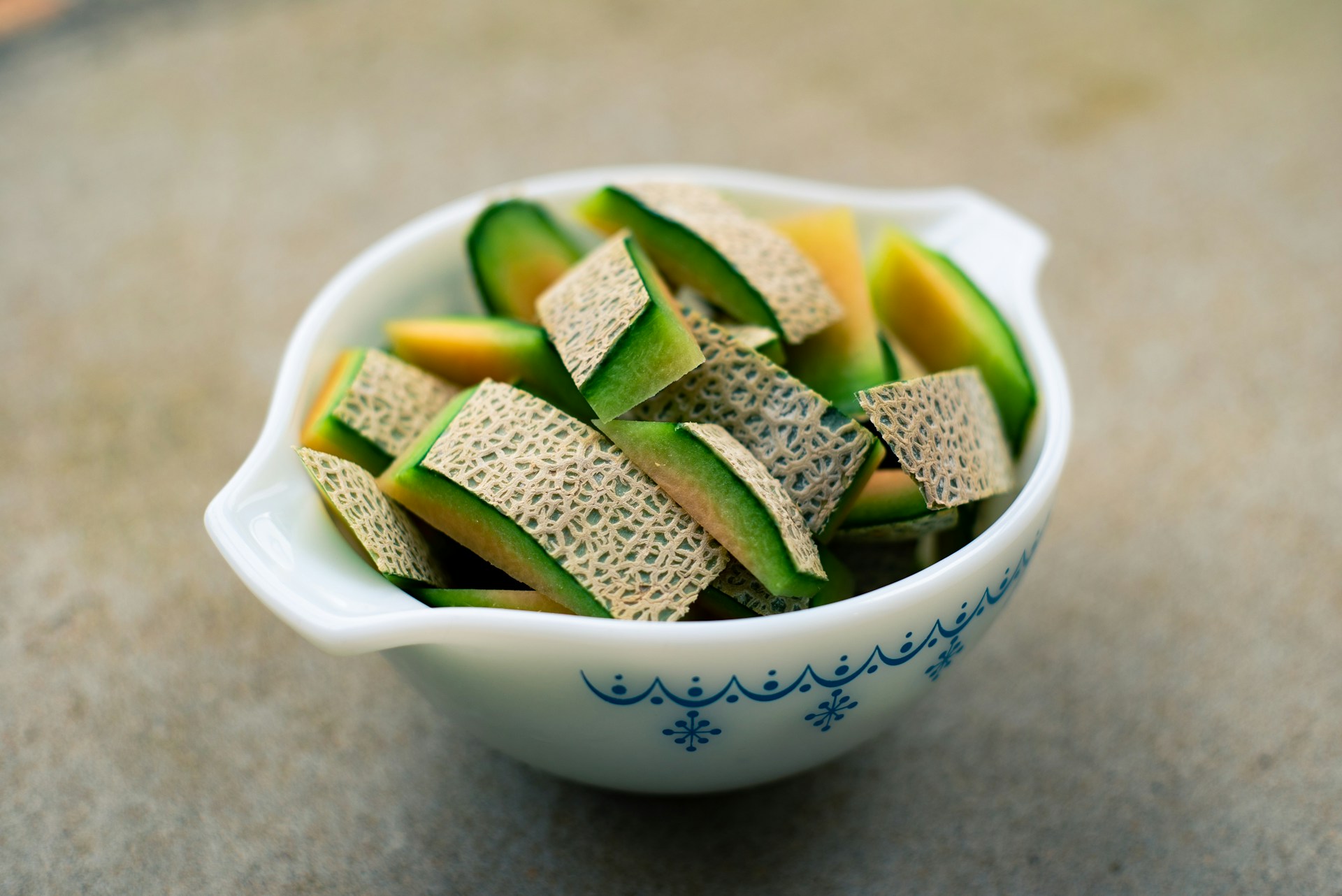 Photo by Mitchell Griest on Unsplash
Photo by Mitchell Griest on Unsplash
14. Cucumbers
Looks like all your favourite salad toppings have the potential to be dangerous. Having been linked to several outbreaks of E. coli in the past, cucumbers need to be washed thoroughly before eating if you want to prevent infection.
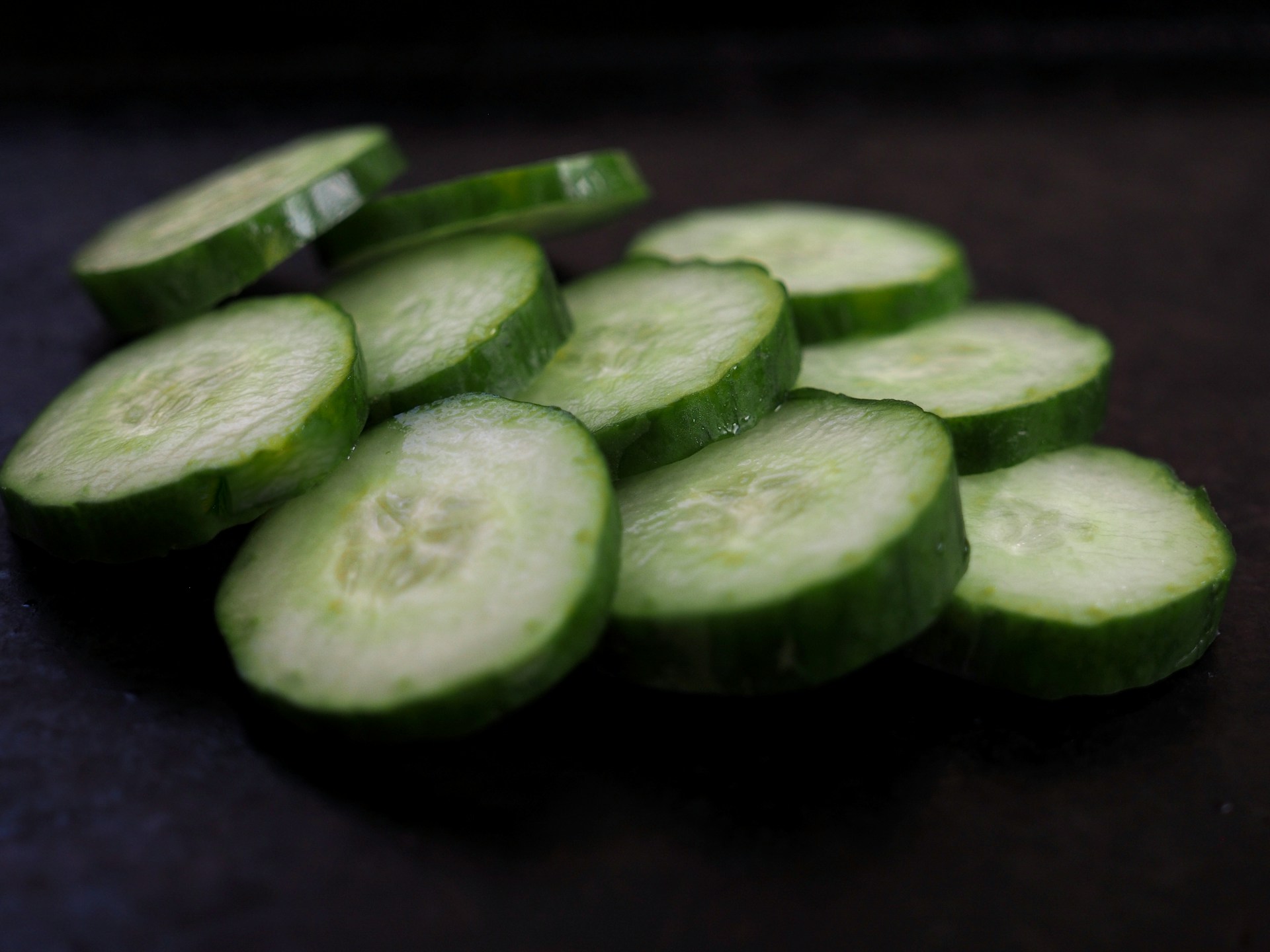 Photo by Lucie Rangel on Unsplash
Photo by Lucie Rangel on Unsplash
15. Ice Cream
You may be shocked to learn about this one, but ice cream has been linked to previous cases of Listeria outbreaks! This frozen treat is the reason for many smiles, but it can sure leave a big frown on your face if it's been contaminated during the production process. It all comes down to whether it's stored properly, handled properly, and manufactured well.
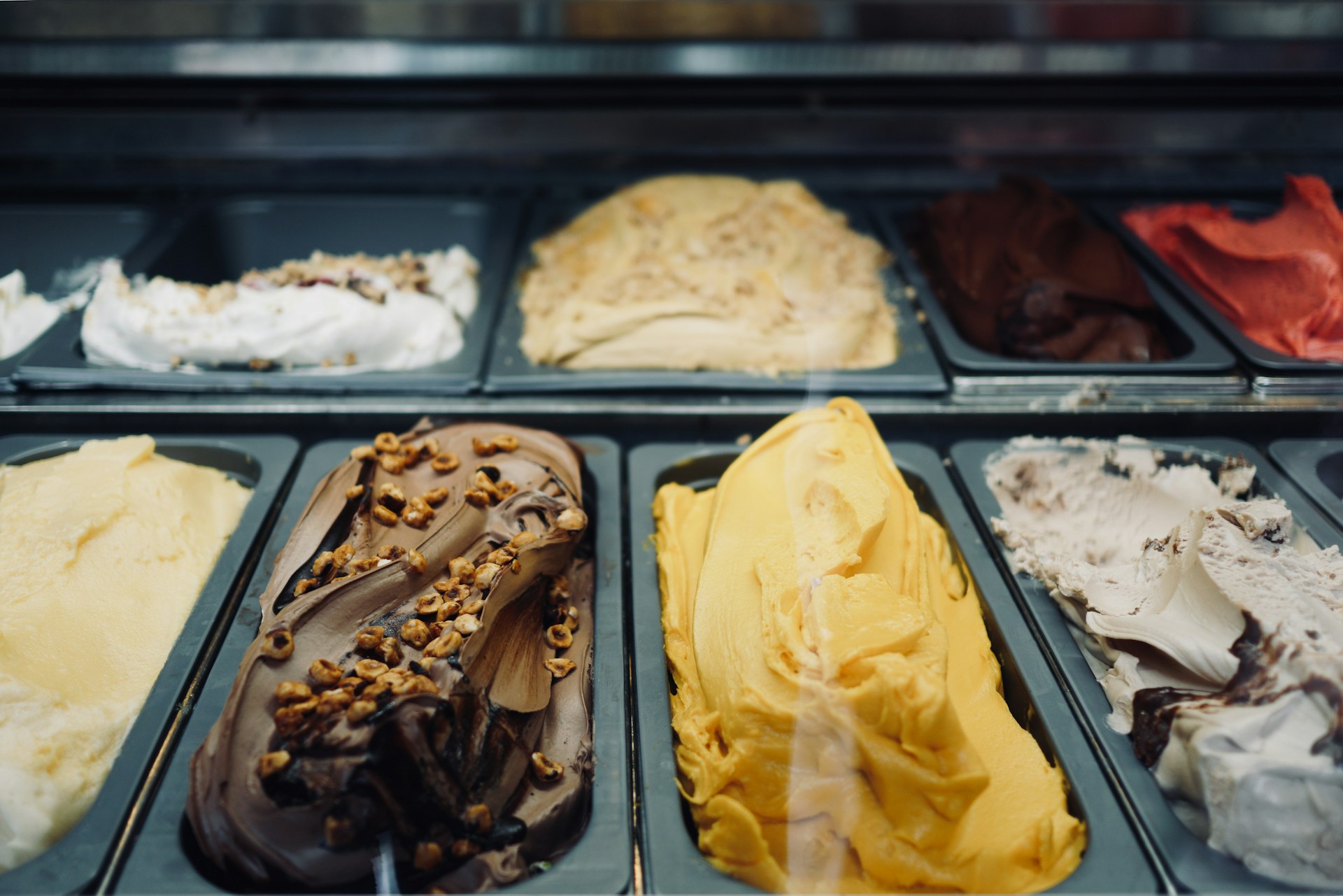 Photo by Erwan Hesry on Unsplash
Photo by Erwan Hesry on Unsplash
16. Berries
While berries are often beloved for their amazing health benefits, it doesn't mean you should let your guard down. Not washing your food properly can pose risks to any food you eat, and you definitely want to be careful with berries. Able to carry norovirus and Hepatitis A, wash those little fruits super thoroughly before enjoying.
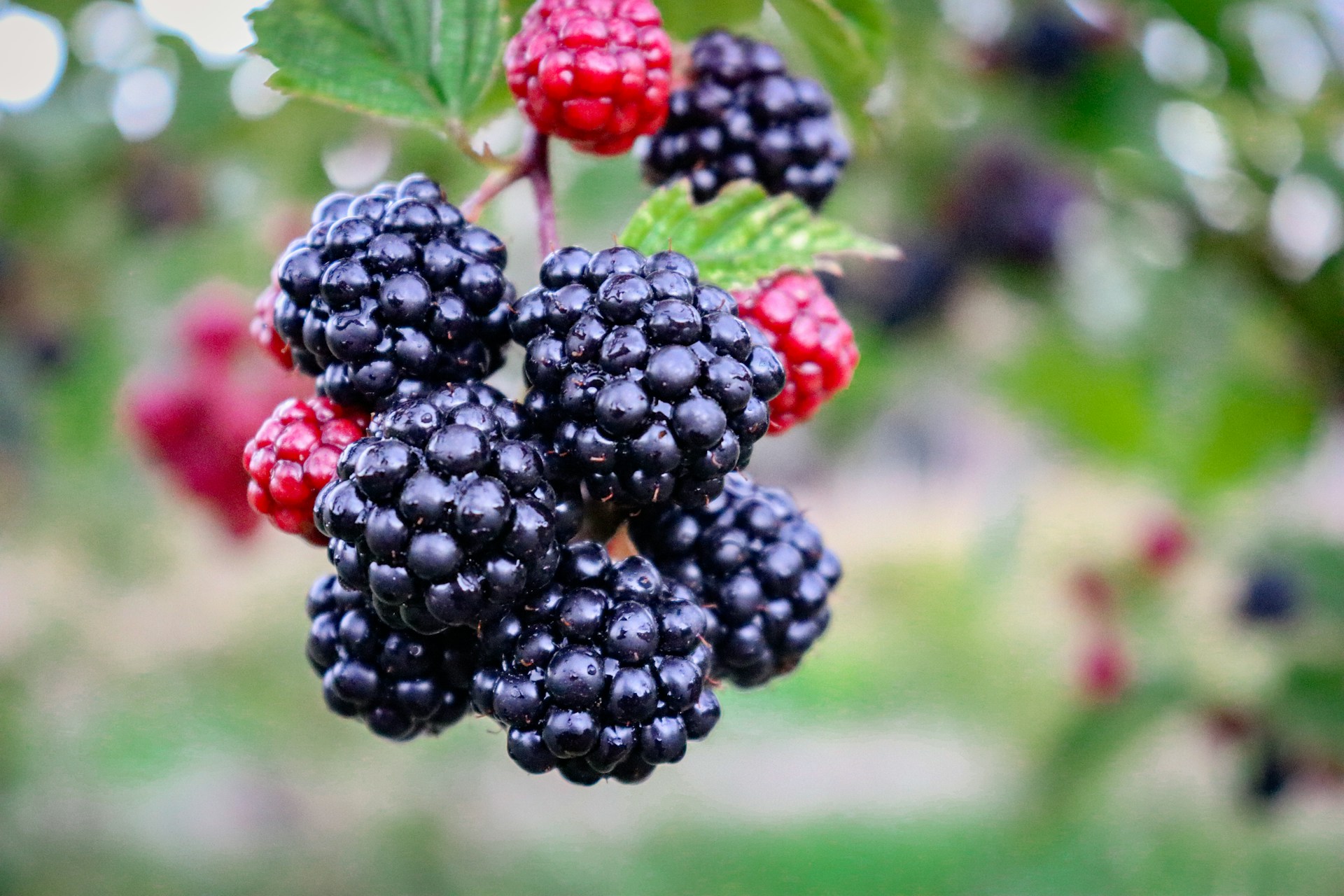 Photo by Amanda Hortiz on Unsplash
Photo by Amanda Hortiz on Unsplash
17. Rice
No! Not everyone's favourite carb! Sadly, rice can be a common source of food poisoning thanks to a bacteria that is able to survive even the cooking process (crazy right?). It can even grow in improperly stored cooked rice. So what can do you do to be safe you might ask? It's all in the storing process - make sure that as soon as it's cooled down, you store it away quickly while reheating it completely throughout before eating again.
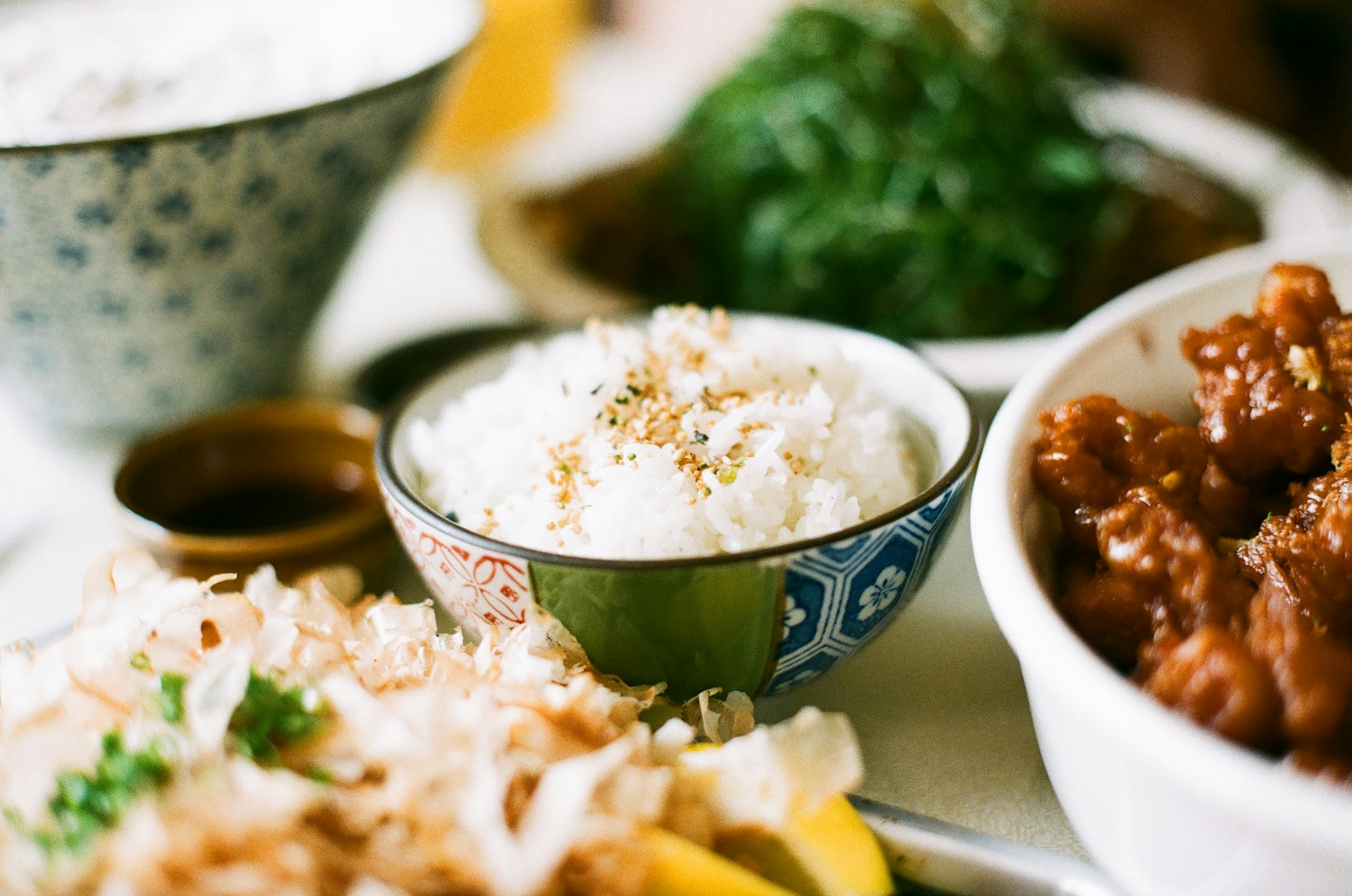 Photo by Chanhee Lee on Unsplash
Photo by Chanhee Lee on Unsplash
18. Tofu
Whether it's from improper care during the production process or storage, tofu can be the carrier of different diseases like Salmonella and Listeria. Once again, we can emphasize how important it is that every step of handling, storing, and cooking these foods like tofu is for your own safety.
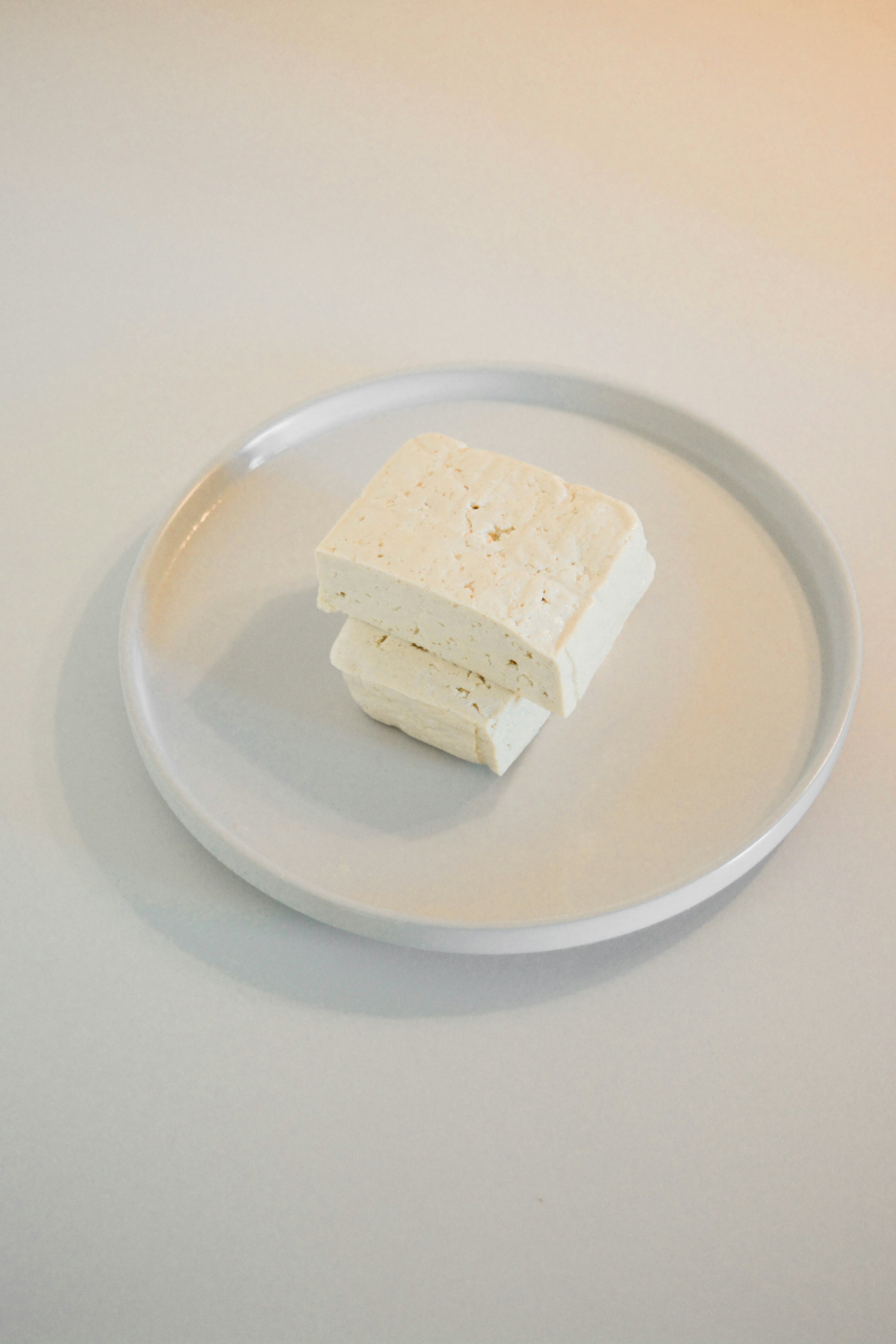 Photo by Christina Deravedisian on Unsplash
Photo by Christina Deravedisian on Unsplash
19. Sandwiches
Although pre-made sandwiches make for a great meal when you're busy and on the go, you should still be aware of the potential dangers. Sandwiches filled with deli meats, tomatoes, or cucumbers as we've already mentioned, can be carriers of Listeria.
 Photo by Allen Rad on Unsplash
Photo by Allen Rad on Unsplash
20. Sliced Melon
We're talking melons of all kinds - watermelon and honeydew included! You might be sad to hear your favourite fruits might pose a threat to you, but bacteria can transfer from the rind to the meat when slicing, leading to a potential risk of Salmonella and Listeria.


